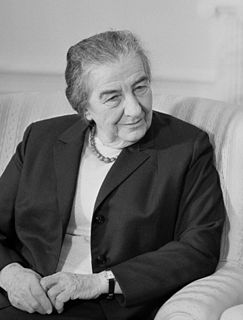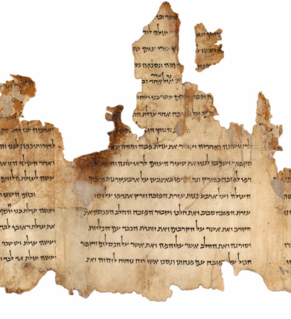
Yitzhak Rabin was an Israeli politician, statesman and general. He was the fifth Prime Minister of Israel, serving two terms in office, 1974–77 and 1992 until his assassination in 1995.
United Torah Judaism is an alliance of Degel HaTorah, an Askenazi party and Agudat Israel, a Hasidic party. Both are ultra-Orthodox political parties in the Israeli Knesset. It was first formed in 1992.
Tzomet is a small secular, right-wing political party in Israel.

Yitzhak "Itzik" Mordechai is an Israeli former general and politician. He served as a member of the Knesset between 1996 and 2001, and as Minister of Defense and Minister of Transport. He retired from political life after being indicted for sexual assaults during his military service and later periods.
The Centre Party, originally known as Israel in the Centre, was a short-lived political party in Israel. Formed in 1999 by former Defense Minister Yitzhak Mordechai, the aim was to create a group of moderates to challenge both Binyamin Netanyahu on the right and opposition leader Ehud Barak's Labour Party on the left.
The Democratic Movement for Change, commonly known by its Hebrew acronym Dash was a short-lived and initially highly successful centrist political party in Israel. Formed in 1976 by numerous well-known non-politicians, following a spectacular breakup, it had ceased to exist within less than two years.
Legislative elections were held in Israel on 17 May 1977 to elect the ninth Knesset. For the first time in Israeli political history, the right-wing, led by Likud, won a plurality of seats, ending almost 30 years of rule by the left-wing Alignment and its predecessor, Mapai. The dramatic shift in Israeli politics caused by the outcome led to it becoming known as "the revolution", a phrase coined by TV anchor Haim Yavin when he announced the election results live on television with the words "Ladies and gentlemen—a revolution!". The election saw the beginning of a period lasting almost two decades where the left- and right-wing blocs held roughly equal numbers of seats in the Knesset.
Elections for the 13th Knesset were held in Israel on 23 June 1992. The election resulted in the formation of a Labor government, led by Yitzhak Rabin, helped by the failure of several small right wing parties to pass the electoral threshold. Voter turnout was 77.4%.

General elections were held in Israel on 29 May 1996. For the first time the prime minister was elected on a separate ballot from the remaining members of the Knesset.
Yiud was a small, short-lived political faction in Israel in the mid-1990s.
Gesher – Zionist Religious Centre was a short-lived political faction in Israel in 1984.
Lev was a short-lived political faction in Israel, existing for only several minutes during the 15th Knesset on 6 November 2002.
Eliezer Sandberg is a former Israeli politician who served as a government minister between 2003 and 2004.

The sixteenth government of Israel was formed by Golda Meir on 10 March 1974, following the December 1973 elections. However, following Meir's resignation as Prime Minister on 11 April, it only remained in office until 3 June, and at just 85 days, was the shortest-lived government in Israeli political history.

The seventeenth government of Israel was formed by Yitzhak Rabin on 3 June 1974, following the resignation of Prime Minister Golda Meir on 11 April and Rabin's election as Labor Party leader on 26 April. It was the first time an Israeli government had been led by a native-born Israeli.







